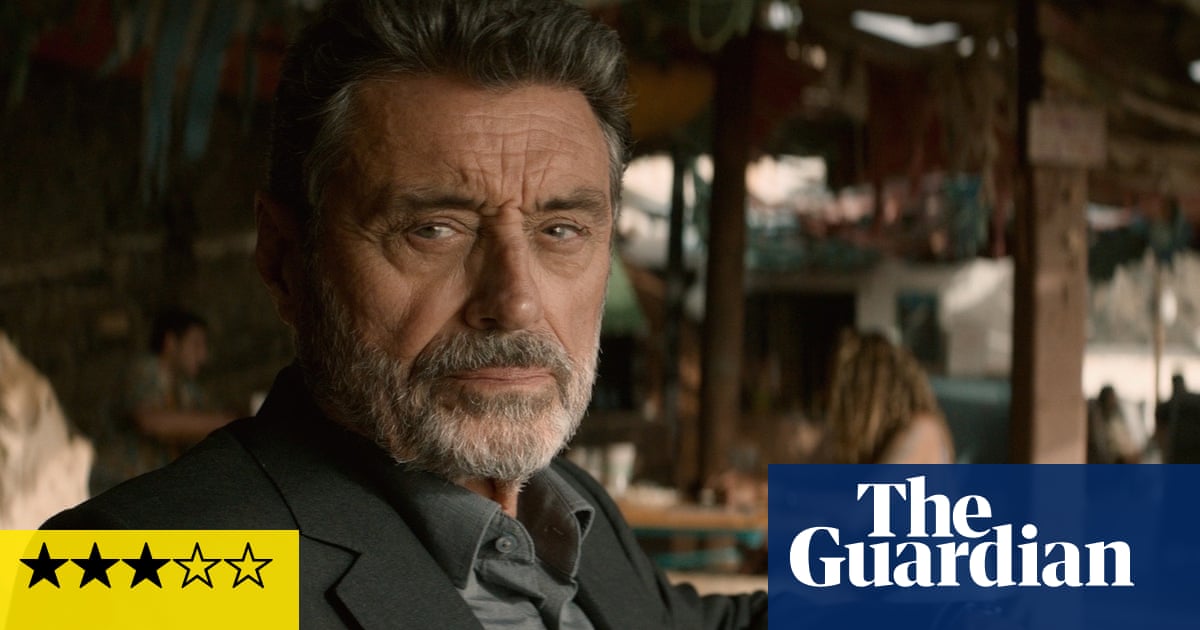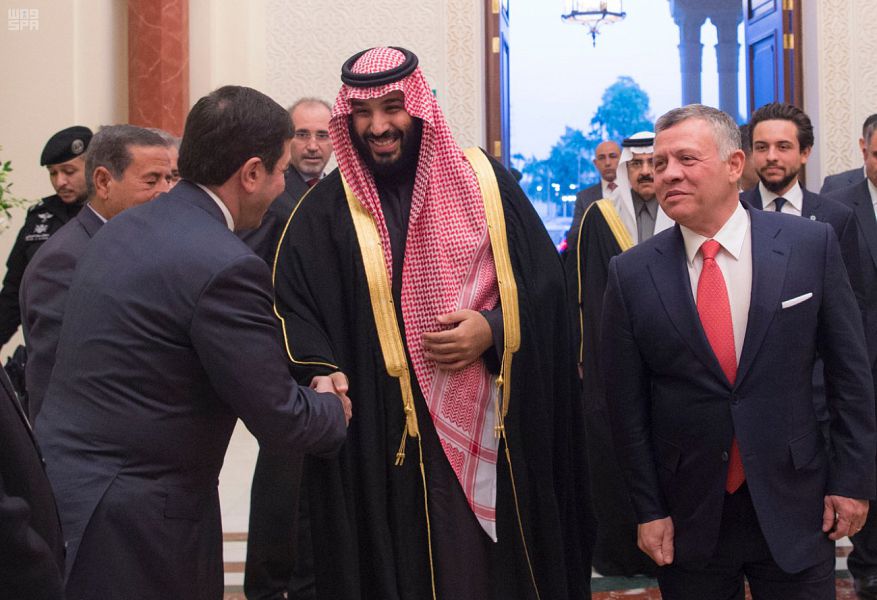
This Hamlet, starring 82-year-old Ian McKellen as the quixotic prince, has endured high-profile setbacks including the departure of two key actors during the preview period. It officially opened, at its delayed press night, to the thrill of a full-capacity audience yet is something of a bumpy production despite its star lead and the inspired central innovation to be play it age-blind.
Director Sean Mathias presents a host of interesting ideas yet many fail to take flight. Elsinore is located in a recognisably modern world but lacks a more specific socio-political framework. Pacing is choppy, with scenes passing either too quickly or too slowly. Most criminally, the rich relationships are flattened, from Claudius’s insecurity and need for Gertrude to Hamlet’s complicated passion for Ophelia, and so is the exploration of love between siblings and children’s loyalty to their fathers. Characters appear simplified and undercharged, especially in the play’s female roles – always a challenge to make rounded and real.
Eccentric decisions include cutting up Hamlet’s first, searing soliloquy: McKellen begins it, only to leave the stage and return to resume his thoughts while spinning on a stationary exercise bike. “To be or not to be” is later delivered at a barber’s. If the point is that we have the deepest of thoughts in the most banal of places, these scenes still feel strained and removed from the rest of the play.
For an age-blind production, Hamlet is primarily dressed for youth by costume designer Loren Elstein, wearing hoodies, woolly hats and trainers while others are in 1940s suits and dresses. “Hamlet is Shakespeare, is youth,” wrote Virginia Woolf, but McKellen proves her wrong. His prince is sad without self-indulgence, his reflections an acceptance of impending mortality. He is sprightly, delivering a fast, physical performance, but trembles and bursts into tender, old man’s tears too.
McKellen never plays it safe. He brings surprising inflections, shrugging off words in the famous passages in an off-the-cuff, hyper-naturalistic manner so they are divested of their usual rhythms. If this is madness – and it feels like it at times – there is method in it, and McKellen slows down for the lesser-known speeches, drawing the play’s heart away from the big-hitting soliloquies and focusing on the beauty and depth of these meditative moments. He is a prince of wiles and calculations, playing brilliantly at being unhinged and unpredictable – every bit the actor – and the production itself comes to life when the players arrive at court.
The characterisation works less well in Hamlet’s relationship with Ophelia (Alis Wyn Davies, who plays the guitar and appears empowered, yet this seems out of kilter with her part). The production strips their relationship of its romantic dynamic but puts nothing in its place. Because this remains underdeveloped, along with the lack of emotional intensity between Gertrude and Claudius, the final tragedy leaves us unmoved. The love story here, if there is one, is between Hamlet and Horatio (exquisitely played by Ben Allen) whose warmth and affection – possibly more? – we palpably feel.
Jenny Seagrove’s Gertrude is woefully wooden and declamatory. As Laertes, Ashley D Gayle – who took over from Emmanuella Cole – does the job well enough under the circumstances. Frances Barber, taking over from the departing Steven Berkoff as Polonius, excels at being the pompous father and comic fool.
The production’s salvation, ultimately, is the play itself whose power rests so much on the shoulders of its lead part. McKellen’s understated artistry renders Hamlet a prince of all – and any – time and age. If Hamlet “celebrates the glories of man and also the utter insignificance of man”, as Kenneth Branagh noted, McKellen does just that.
Hamlet is as the Theatre Royal Windsor until 25 September












